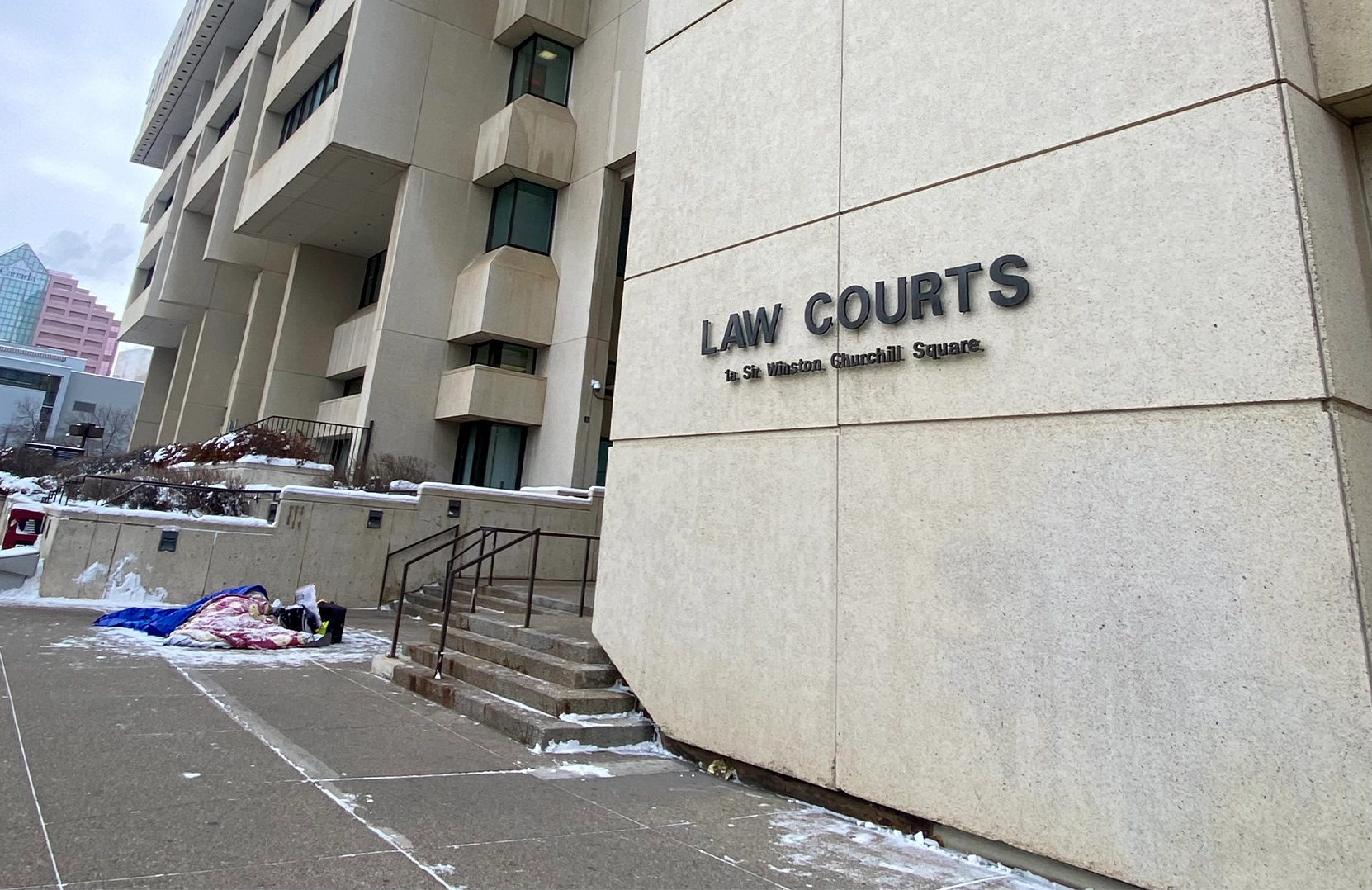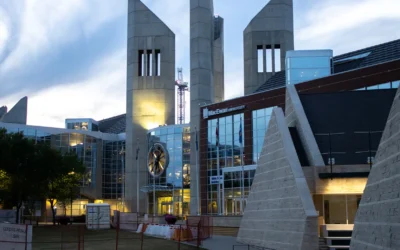We asked a MacEwan professor with a background in law and economics what restorative justice is, and how far these grants will go.
On November 6th, Alberta’s government opened up applications until December 6th for eligible applicants to access $720,000 in restorative justice funding. Eligible applicants must be based in Alberta and include registered non-profits or charities, community groups with incorporated fiscal agents, Indigenous communities, currently un-funded youth justice committees, or municipalities.
These organizations can apply for individual grants of up to $50,000. But first, what is restorative justice?
Dr. R. McKay White, an associate professor of law at MacEwan University, explains how in the traditional justice system, the focus is on punishing the offender and preventing future crimes. White says, “A crime isn’t viewed as an offence against the person. It’s viewed as an offence against the state.”
On the other hand, White says, ”restorative justice is a victim centred approach.” He says, “We want to heal the harm. We want the offenders to take responsibility. We want to involve all of those affected.”
Restorative justice, then, is flexible as it is not a set list of procedures. The process varies depending on the needs of the people involved, with potential benefits for everyone involved in the criminal or civil case. The victim, offender and families get to see a consensus resolution and it lessens the chances that the offender will re-offend.
White says these grants should be available because the programs need funding. “You’ve been assaulted and you want to use restorative justice. Should you really have to pay for it? [In the] traditional criminal justice system, you don’t have to pay…. So the fact that the Alberta government is providing these grants is fantastic because they are very needed.”
Despite that, White doesn’t think it will last long enough as the maximum of $50,000 probably won’t fund any restorative justice program for a full year. He says, “[The] traditional criminal justice system is a lot more expensive than the restorative justice processes.” That’s why White says, “if the government would devote more resources towards building and expanding restorative justice programs then we would be using the traditional criminal justice system yet less, and there would actually be cost gains.”
A person laying on the ground, under blankets and tarps, in front of the Law Courts in Downtown Edmonton.
Photo by Rebecca-Lynn Reeves





0 Comments